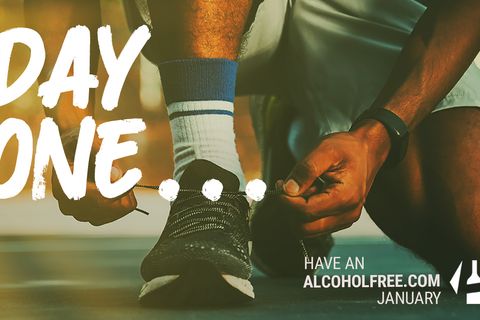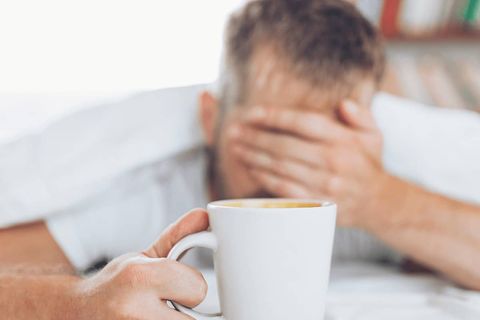Alcohol-Free January
Stopping Drinking
Recovery
The missing piece to your sobriety puzzle: Understanding your triggers

by John Risby
Published: January 16, 2023 Last updated: October 17, 2024

Are you notching up weeks of sobriety but finding it a challenge to stay motivated?
By understanding your triggers, you can increase your chances of success and reach your goal to take a break from booze, stay sober longer, quit drinking or take back control over your drinking.
Maintaining sobriety can be a challenging task, but identifying your triggers is an important step towards success. Triggers are the people, places, or things that make you want to drink. By identifying and understanding your triggers, you can develop a plan to avoid or cope with them, making it easier to maintain sobriety.
Here’s a step-by-step guide on how to identify your triggers for drinking.
The first step in identifying your triggers is to keep a journal. This journal can be used to track thoughts, emotions, and situations that may lead to the desire to drink. It’s important to be specific in your journal entries and to write in it regularly.
For example, if you find yourself wanting to drink after a long day at work, you should note that in your journal. When you look back at your journal, you’ll be able to see a pattern of when and why you want to drink.
The next step is to reflect on past experiences with alcohol. Reflecting on past experiences can help you identify patterns and potential triggers. For example, if you find yourself wanting to drink more when you’re feeling lonely or stressed, that’s a potential trigger you can work on avoiding or coping with. You can reflect on past experiences by talking to a therapist or a support group.
Another important step is to analyse your social circle. Social connections can be a major trigger for drinking. It’s important to evaluate these relationships and to address any negative influences. Surrounding yourself with positive support can help you stay motivated and on track. You might want to consider limiting time spent with people who pressure you to drink or finding new friends who share your sober lifestyle.
Consider also external factors, such as stress, boredom, or certain environments that can be triggers for drinking. Identifying these external triggers and developing strategies to manage them can be helpful. For example, if you find that you want to drink when you’re feeling stressed, you might try stress-relief techniques such as exercise, meditation, or yoga. If a certain place makes you want to drink, you might want to avoid it or find an alternative location.
Takeaways
Identifying your triggers for drinking is an important step in maintaining sobriety. By keeping a journal, reflecting on past experiences, analysing your social circle, and identifying external factors, you can develop a plan to avoid or cope with your triggers.
Remember that the process of identifying triggers can take time, but it’s worth the effort. Keep in mind that it’s important to stay motivated and to surround yourself with positive support.

About The Author
John Risby
Co-Founder of The Alcohol-Free Shop and AlcoholFree.com. John is a recovering alcoholic who stopped drinking in June 2004. Born and raised in Manchester, he now lives in Malaga with his wife and young daughter. He came to terms with being an alcoholic many years ago, but still finds the concept his daughter is Spanish very strange.
Seven Totally Random Ideas To Help You Reach The End Of Your First Dry Month
January 23, 2023

Wine-Free Winter: How to Combat Cold And Boring Nights Without Booze
January 19, 2023

How to cope with work-related stress without turning to alcohol
January 09, 2023

Your First Alcohol-Free Friday Night and How to Survive It
January 06, 2023

Tips for Dealing with Boredom and Isolation When Giving Up Drinking
January 02, 2023

Leaving Alcohol Behind? What You Absolutely Need to Know Before You Try Dry
January 01, 2023

Guidelines to help heavy drinkers quit
June 16, 2020

What's the quickest way to sober up?
May 05, 2019
